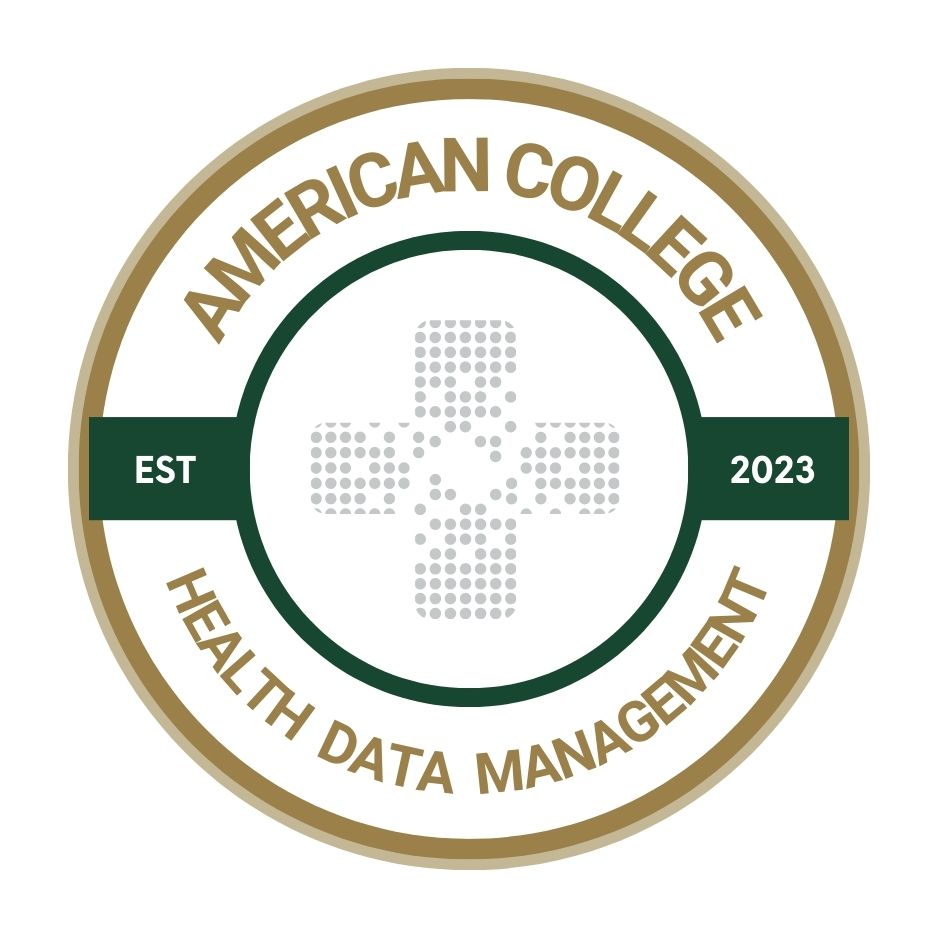AI shows its potential to better equip clinicians
The technology can bridge the gap between data management and clinical decision making, says practicing pediatrician and former CMIO.
Dr. R. Ryan Sadeghian, a distinguished fellow of the American College of Health Data Management, and Mitchell Josephson, CEO of Health Data Management, sat down for a better understanding of the transformative potential of artificial intelligence (AI) in healthcare.
Dr. Sadeghian's journey into AI is propelled by a "deep belief in its transformative potential" for healthcare. His dual role as a former CIO and practicing pediatrician has granted him firsthand insights into the challenges of managing vast data and clinical documentation, thereby catalyzing his pursuit of AI solutions to elevate patient care and streamline workflows.
AI adoption and personal experience
Dr. Sadeghian’s journey into AI was neither accidental nor merely experimental. With a unique vantage point as both a former chief information officer and a practicing pediatrician, Dr. Sadeghian has witnessed firsthand the myriad challenges clinicians face daily. From managing vast amounts of data to maintaining meticulous clinical documentation while delivering optimal patient care, the hurdles are many. Yet, it was within these challenges that Dr. Sadeghian saw an opportunity for AI to make a difference.
He highlights his capacity to manage an extensive patient load with unparalleled efficiency, attributing this feat to AI’s ability to assist in patient documentation and care processes. This efficiency, he notes, enables a smoother clinical operation, stating, "I was able to not only see my patient but finish all my documentation and came to this meeting. And I have patients in the afternoon." His personal experience underlines a critical message: embracing AI in healthcare is not about chasing the next technological trend. It’s about recognizing and seizing the opportunity to enhance patient care, streamline clinician workflows, and ultimately, transform clinical practice for the better.
Generative AI's role in clinical practice
Perhaps the most futuristic element of Dr. Sadeghian’s toolkit is the deployment of generative AI applications tailored for various medical specialties. The development and utilization of more than 40 clinical GPT applications under Dr. Sadeghian's guidance showcase the pivotal role of generative AI in clinical practice.
These applications, tailored for different medical specialties, signify a move towards more personalized and efficient patient care. "I my team has put together over 40 clinical GPT applications...to design an application from this large language model that focuses specifically on every specialty," Dr. Sadeghian elaborates, underscoring the initiative to leverage AI for enhancing diagnostic accuracy and treatment.
Dr. Sadeghian’s initiative serves as an example of how generative AI can enhance clinical practice. By bridging the gap between data management and clinical decision-making, these applications enhance the clinician's ability to provide patient-centric care. Moreover, the iterative feedback loop with specialists to refine and optimize these AI models exemplifies a collaborative effort toward achieving excellence in healthcare.
Patient engagement and empowerment are next
Dr. Sadeghian’s approach to AI extends beyond the clinical and into the realm of patient interaction, with a particular emphasis on engagement and empowerment. The future he envisions is one where AI bridges the communication gap between patients and healthcare systems.
Drawing parallels with AI’s utility in everyday scenarios, such as customer service chatbots, Dr. Sadeghian advocates for a similar application within healthcare. This would not only streamline patient inquiries and requests but significantly enhance the patient experience by providing instant, reliable access to information and support.
This vision of patient engagement is about leveraging AI to pre-emptively address patient needs, reduce wait times for assistance, and ultimately, encourage a more proactive involvement in their health management. Such a model not only elevates the patient experience but also significantly lightens the administrative load on healthcare providers, enabling them to focus more on direct patient care.
Provider and patient adoption dynamics
Dr. Sadeghian’s proactive approach to integrating AI contrasts with the apprehension seen among some peers, highlighting a sector-wide challenge of technological adaptation. However, the narrative is changing as patients, armed with AI-driven insights, begin to engage more actively in their care. "I speak English, they hear in Spanish; they speak in Spanish, I hear in English...saves a lot of time for me," Dr. Sadeghian remarks, illustrating the potential for AI to break down communication barriers.
However, an intriguing shift is occurring. Patients, especially the younger generation, increasingly bring insights and queries to consultations, inspired by AI tools they've encountered independently. This changing landscape prompts a crucial question for healthcare providers: How can they align with their patients' growing expectations for technology-driven care?
As Dr. Sadeghian points out, the key lies in education, both of healthcare providers to integrate AI into their practice and of patients to discern reliable health information. This mutual adaptation is pivotal for harmonizing provider-patient dynamics in an AI-augmented healthcare landscape.
The future of healthcare with AI
Looking towards the horizon, the future of healthcare with AI as envisioned by Dr. Sadeghian is not just innovative; it’s transformative. AI’s potential to enhance patient outcomes, streamline clinical operations, and foster a more engaged and informed patient population is immense. However, realizing this potential requires a concerted effort across the healthcare ecosystem to embrace AI—not as a distant future technology but as an integral component of today’s healthcare delivery.
This future also demands a reevaluation of trust not only in the technology itself but in the seamless integration of AI within the patient-provider relationship. Mitchell Josephson encapsulates this sentiment profoundly, noting, "I want to have trust in the clinical team...if I knew that they were leveraging a power and intelligence more generally intelligent than them at that moment right? Now I'm going to actually have more trust."
